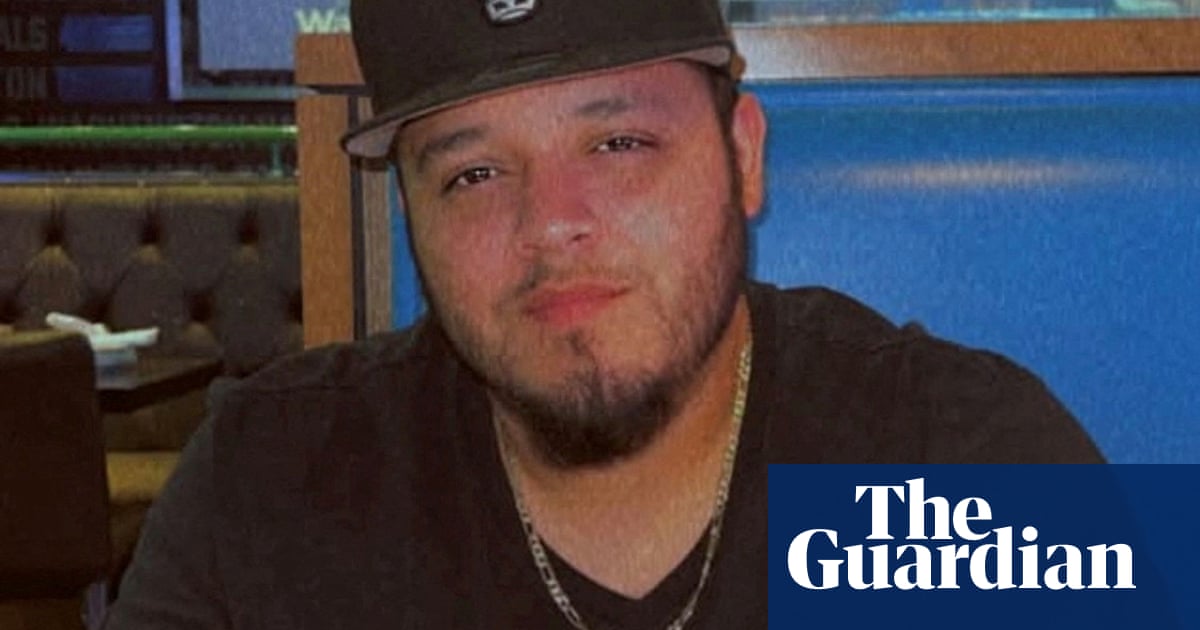Kilmar Ábrego García, the man returned to the US last week after being wrongfully deported to his nativeEl Salvador, pleaded not guilty on Friday to criminal charges of taking part in a conspiracy to smuggle migrants into the United States.
The Maryland man, 29, entered the plea at a hearing before US magistrate judge Barbara Holmes inNashville, Tennessee.
At the hearing, Ábrego García was also expected to contest a bid by federal prosecutors to have him detained pending trial.
TheTrump administrationinitially removed him, alongside more than 200 Venezuelansheld as undocumentedin the US, without any due process. He was flown to anotorious prisonfor suspected gangsters and terroristsin El Salvador, where Salvadorian men can disappear indefinitely, now followed by peoplerounded upfrom the US by the Trump administration. Ábrego García was later moved to another prison there, as US campaignersbattledto get him back and have him afforded due process.
Despite admitting in court that it had wrongly removed him against a court’s order for protection against deportation to El Salvador, specifically, the Trump administration refused to facilitate his return to the US for a fair legal process. This comes in face ofjudicial objectionsall the way up to the US supreme court that precipitated a significant constitutional battle between the executive and judicial co-equal branches of government.
Before Ábrego García’s indictment was unsealed on 5 June,officials allegedhe was a member of the MS-13 gang and said they would not bring him back. The justice department’s decision to return him to the US to face criminal charges is a potential off-ramp for Trump’s administration from its escalating confrontation with the judiciary over the case.
The Republican president’s critics say his swift removal without a hearing showed the administration prioritized increased deportations over due process as part of its growinganti-immigration crackdown.
The criminal proceeding will provide Ábrego García with due process by giving him the right to contest the charges contained in a grand jury indictment returned in secret on 21 May.He was charged with working with at least five co-conspirators as part of a smuggling ring to bring immigrants to the United States illegally, then transport them from theUS-Mexico borderto destinations across the country.
He is also accused of transporting firearms and drugs.
Reuters contributed reporting
